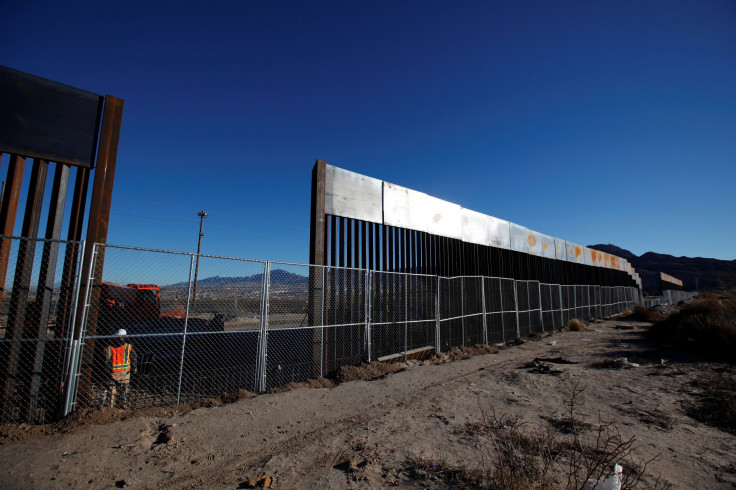Trump Tax Proposal: Are Taxes On Imported Goods Good For Consumers? Retailers, Manufacturers On Opposite Sides Of Border Adjustment Proposal

The nation’s retailers and manufacturers are finding themselves on opposing sides of a proposed 20 percent tax on U.S. imports from Mexico and other countries with the anti-import tax side warning of higher prices for everyday goods and the pro-tax side saying it would level the playing field with foreign manufacturers.
More than 100 businesses and trade associations have formed Americans for Affordable Product to oppose the proposed tax, which members say will “increase prices paid by consumers” without triggering a resurgence in U.S. manufacturing.
On the other side, 25 U.S. businesses and industries have formed the American Made Coalition to support revamping the tax code to include an import tax and eliminate the export tax.
White House spokesman Sean Spicer last week said the administration was considering a 20 percent tax on all imports from Mexico and other countries with which the United States runs a trade deficit. The money generated would help pay for Trump’s wall along the U.S. border with Mexico and also could be used to cut the corporate tax rate, a key promise of the Trump campaign.
The proposal could pit the likes of Wal-Mart against General Electric, Boeing and Pfizer.
“I respect Wal-Mart, but we’re going to have a different perspective on tax reform,” GE CEO Jeffrey Immelt told Bloomberg. “I think all of our voices need to be heard.”
William Dudley, president and CEO of the Federal Reserve Bank of New York, said the tax may not work as envisioned.
“That type of adjustment proposal in the House, it’s a pretty dramatic change,” Dudley said earlier this month at the National Retail Federation’s Retail’s Big Show. “I think that it will probably lead to a lot of changes in the value of the dollar, the prices of imported goods in the U.S. I’m not sure that that would all happen very smoothly and I also think there could be lots of unintended consequences.”
Americans for Affordable Products Wednesday called the proposed Border Adjustment Tax a bad idea that will mean higher costs for everything from food to gas to clothing and cars.
NRF President and CEO Matthew Shay said the proposed tax would make consumers the real losers.
“There are plenty of taxes already on hard working Americans and the retailers that serve them, and higher prices just add to that burden,” Shay said.
“As a business owner who works every day to add value to my customers and serve the needs of families, I am deeply concerned about the Border Adjustment Tax,” said Rick Woldenberg, chairman of Learning Resources Inc.
“Without question, it will increase prices paid by consumers and threaten the existence of companies like ours. We need members of Congress to listen to the urgent objections of small business job creators and stop this giveaway to big corporations at the expense of middle income and working class families.”
The NRF estimates the border tax would cost American families $1,700 annually.
The American Made Coalition, however, argued Wednesday current tax law penalizes U.S.-made goods and said it backs tax reform proposals supported by House Speaker Paul Ryan and House Ways and Means Committee Chairman Kevin Brady “that would lower tax rates, encourage domestic investment, spur job creation and modernize the overall tax system for a 21st century economy.”
“By ending the ‘Made in America tax,’ we can create a more favorable business environment for American manufacturing and level the playing field so American workers can compete with foreign competitors,” the coalition said, estimating the House tax proposals will create 1.7 million new jobs, boost gross domestic product by 1.9 percent and increase wages 7.7 percent.
“This ultimately comes down to a decision of whether or not policy makers are willing to heap a tax onto consumers so that some corporations can never pay taxes again,” Brian Dodge, a spokesman for Retail Industry Leaders Association, told Bloomberg.
Senate Republicans David Perdue of Georgia and Mike Lee of Utah warned in Federalist magazine the import tax “could ravage huge swaths of our economy.”
© Copyright IBTimes 2025. All rights reserved.






















